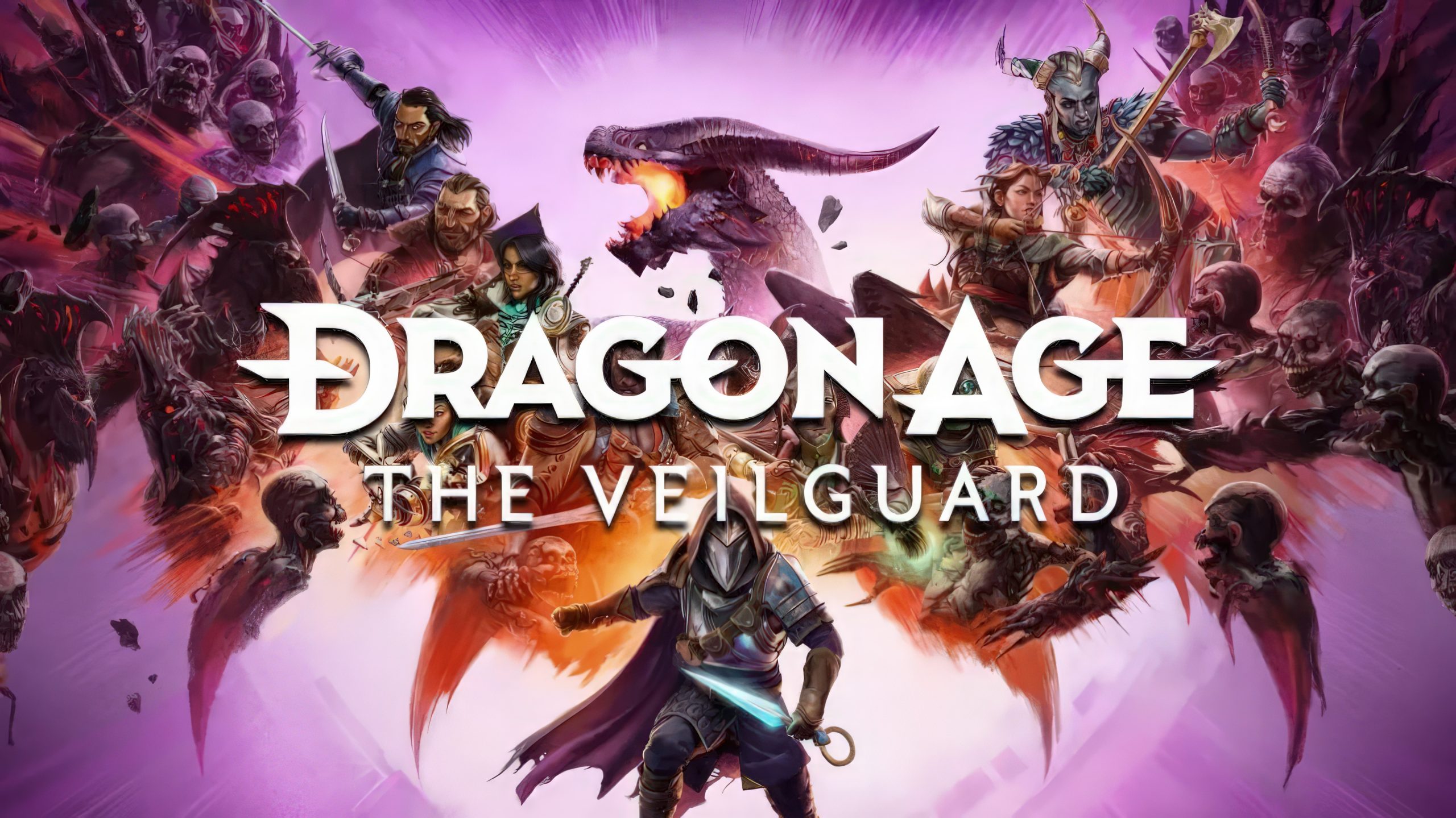A recent investigation by Jason Schreier at Bloomberg examines the turbulent production of Dragon Age: The Veilguard, revealing how EA’s corporate mandates disrupted BioWare’s creative process. Despite launching on October 31, 2024, the title fell short of fan expectations for the long-awaited sequel, garnering polarized reactions to its narrative and design.
While critics like Wccftech’s Alessio Palumbo praised the game, many players criticized its storytelling—a surprising shortcoming for a studio celebrated for rich narratives. Though initial sales broke EA’s single-player records, the publisher disclosed that the title underperformed by 50%, attracting just 1.5 million users by January 2025. This triggered layoffs at BioWare shortly thereafter.
Schreier’s sources described the development as chaotic, with one insider calling the game’s release “nothing short of miraculous” given its rocky trajectory. The core issue stemmed from EA’s directive to transform the project into a live-service model early on, only to abruptly pivot back to single-player in 2021—leaving the team scrambling to overhaul years of work in just 12 months.
Former BioWare creative leader Mike Laidlaw reportedly departed during this period, clashing with EA’s multiplayer-focused vision. Although studio head Gary McKay later framed the shift as “returning to our roots,” the compressed timeline forced compromises. Key narrative choices were retrofitted into a framework originally designed for co-op, while tonal adjustments were rushed after Forspoken’s dialogue drew criticism in 2023.
BioWare had publicly attributed delays to perfecting the experience, but sources indicate much of that time was spent undoing live-service systems. Analysts like TD Cowen’s Doug Creutz now speculate about BioWare’s future, noting EA’s need for narrative-driven hits juxtaposed with the studio’s decade-long commercial drought. “Closing BioWare wouldn’t shock me,” he stated.
The saga underscores the risks of corporate trends overriding studio expertise. While The Veilguard has its merits, its fractured development begs the question: What might BioWare have achieved without EA’s live-service detour?

